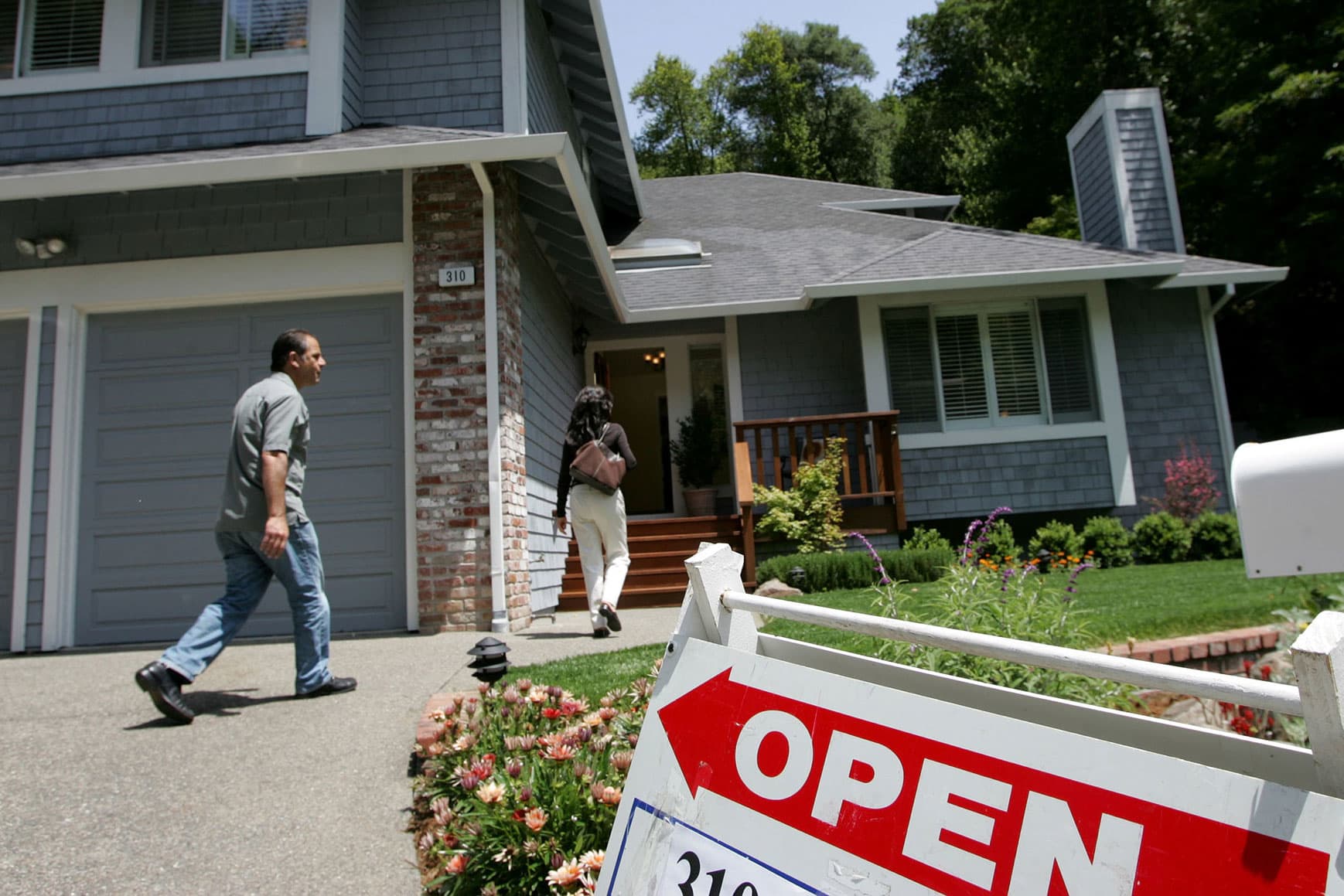Real estate agents arrive at a brokers tour showing a house for sale with a list price of $1.3 million May 17, 2007 in San Rafael, California.
Getty Images
Home price gains have been shrinking since March 2018, but now signs point to reheating in the housing market.
The much-watched S&P CoreLogic Case-Shiller U.S. National Home Price Index rose 3.2% annually in July, the same gain reported in June. Prices are still cooling in the largest cities, however. The 10-City Composite rose 1.6% annually, down from 1.9% in the previous month. The 20-City Composite posted a 2.0% annual gain, down from 2.2% in June.
The hottest cities for home price appreciation were Phoenix, Las Vegas and Charlotte, North Carolina. Home prices in Phoenix rose 5.8% year over year. In Las Vegas, they were up 4.7%, and Charlotte saw a 4.6% increase. Seven of the 20 cities reported greater price increases in the year ending July 2019 versus the year ending June 2019.
"Home price gains remained positive in low single digits in most cities, and other fundamentals indicate renewed housing demand," said Philip Murphy, managing director and global head of index governance at S&P Dow Jones Indices. "According to the National Association of Realtors, the YOY change in existing home sales was positive in July for the first time in a number of months, and housing supply tightened since peaking in June."
Overall, home price gains are strongest in the Southwest (Phoenix and Las Vegas) and Southeast (Charlotte and Tampa), with other cities posting solid gains. These include Minneapolis, up 4.2% annually, and Detroit, up 4.1%.
Seattle was the only city to show an annual price decline, down 0.6%. San Francisco, Los Angeles and New York were barely in the positive.
Mortgage rates had been rising through much of 2018, making housing more expensive. That likely put downward pressure on prices. But rates began falling at the start of this year, and most sharply in mid-spring, giving buyers more purchasing power again. Lower mortgage rates usually bring more buyers to the market, increasing competition and prices along with it.


